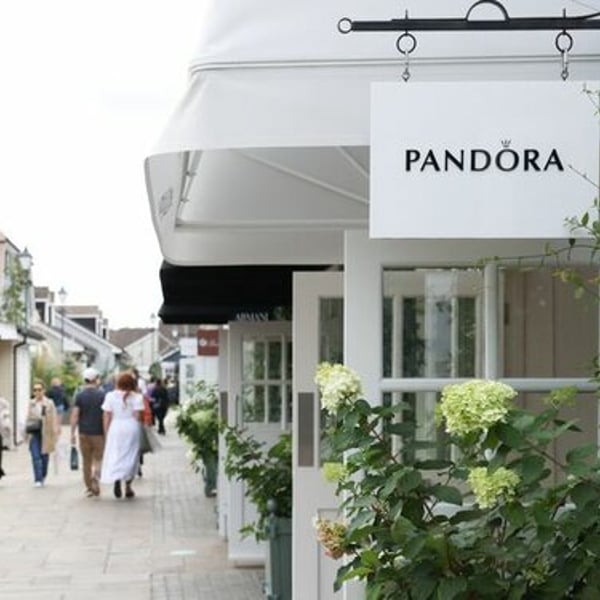By
Reuters
Published
July 11, 2025
Danish jewelry maker Pandora is exploring ways to restructure its business in China, according to two people familiar with the matter, following years of declining sales both online and in stores.

The world’s largest jeweler by volume is in talks with China-based funds and e-commerce partners to potentially license its brand and assets — including inventory — for a five-year term, one of the sources said.
Like many multinational consumer brands operating in the world’s second-largest economy after the United States, Pandora has been hit hard by post-pandemic consumer malaise, compounded by an ongoing property crisis affecting broader economic sentiment.
The brand is also facing fierce competition from local, digitally savvy brands in China’s crowded e-commerce space, along with shifting consumer preferences toward gold and higher-value jewelry.
In a statement to Reuters, Pandora acknowledged the need to reposition its brand in China and confirmed that a turnaround is in progress, noting that “it will take time.” The company did not comment on specific restructuring discussions.
“China is the biggest jewelry market in the world, and we remain fully committed to the business there,” Pandora said.
According to exchange filings, Pandora’s China revenue dropped nearly 80% to 416 million Danish crowns ($65.10 million) in 2024, down from 1.97 billion crowns in 2019. Over the same period, China’s contribution to the company’s global revenue fell from 11% to about 1%.
Since 2022, Pandora’s China unit has had three managing directors. The current managing director, Thomas Knudsen, took over in January. Shortly afterward, the company announced plans to close 50 stores in China this year.
Finding a licensee or stakeholder may be “difficult” given Pandora’s declining performance in China and broader consumer headwinds, said Jonathan Yan, a principal at consulting firm Roland Berger in Shanghai.
“I don’t think financial investors are going to be interested in this asset,” Yan said. However, e-commerce firms seeking higher-margin brand ownership “may be interested.”
A precedent for such a deal could be Baozun’s acquisition of Gap’s China business in 2022. The Chinese e-commerce service provider bought the U.S. apparel retailer’s operations for $40 million to $50 million.
Reuters was unable to determine the current valuation for Pandora’s potential China deal.
Sales from Pandora’s e-commerce business in China have declined more sharply than its physical retail operations, according to a person with knowledge of the matter who was not authorized to speak publicly.
Yan added that a takeover by an operator with strong e-commerce expertise could be a step in the right direction, but any turnaround would require significant investment.
“They will need to burn money and have a very innovative approach — and even then, it won’t be easy,” he said.
($1 = 6.3902 Danish crowns)
© Thomson Reuters 2025 All rights reserved.







